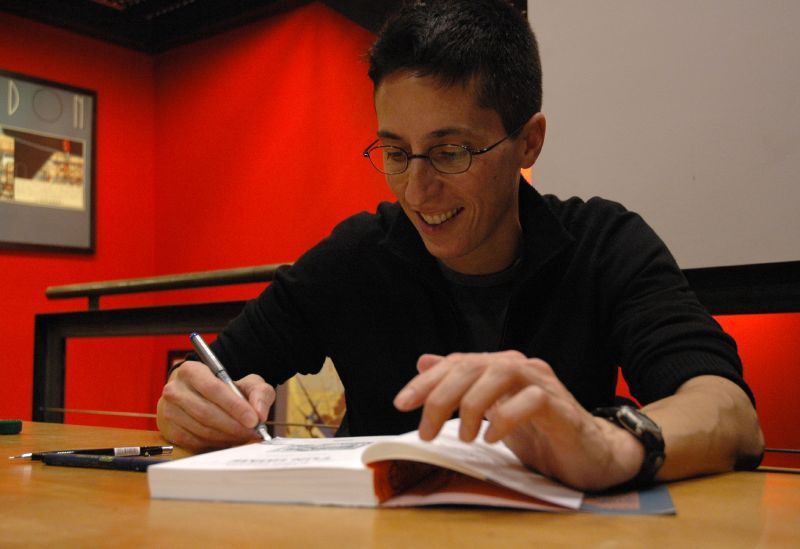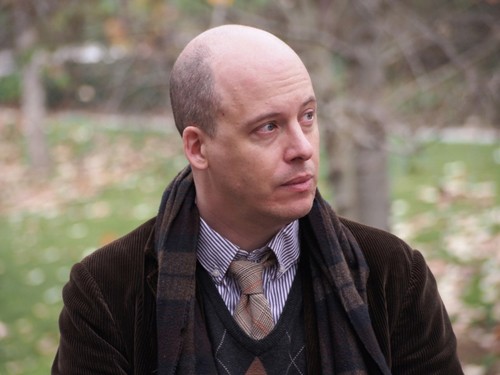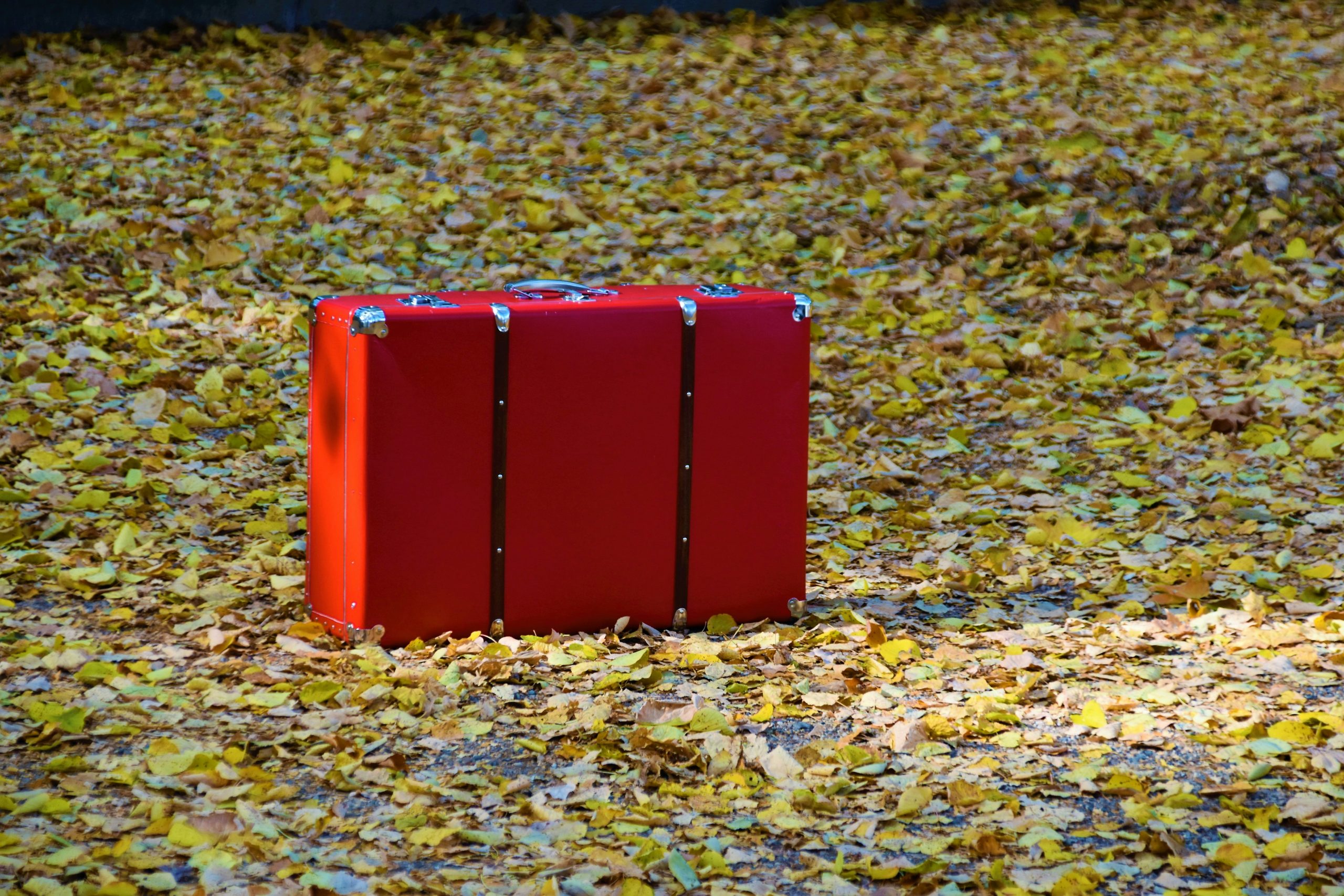news
Freshmen at Duke University Refusing to Read Bechdel’s Fun Home

Here we go again.
Only a few months ago, a student in California called for the eradication of certain “shocking” graphic novels from her course’s syllabus, including Alison Bechdel’s Fun Home. And now, several incoming freshmen at Duke University in North Carolina are also refusing to read it.
The irony of all this controversy is that Duke University’s Common Experience Summer Reading Program is a voluntary one. In a statement, Duke’s Vice President for Public Affairs, Michael Schoenfeld, said: “With a class of 1,750 new students from around the world, it would be impossible to find a single book that that did not challenge someone’s way of thinking…”
In USA Today, Ibanca Anand, a student member of the committee responsible for choosing Fun Home, acknowledges that though it’s “not an easy” read, the difficult topics it addresses have an ability to provoke “conversations, which, in my opinion, is an integral component of a liberal arts education.”
One of the offended students, Brian Grasso, recently published an article in The Washington Post, where he defends his refusal to read Fun Home on the basis of moral and religious beliefs. “I’m not opposed to reading memoirs written by LGBTQ individuals or stories containing suicide,” he writes. “ I know that I’ll have to grapple with ideas I don’t agree with, even ideas that I find immoral.” After quoting the Bible, he asserts that “there is an important distinction between images and written words” and admits that “if the book explored the same themes without sexual images or erotic language, I would have read it.”
Therein lies a small contradiction. “Erotic language” is composed entirely of “written words.” And words are often wholly capable of evoking far more graphic images than pictures can. Although the article is eloquently written, Grasso’s argument still doesn’t quite make sense. He was by no means required to read the graphic novel, so the controversy seems entirely superfluous to me.
CNN reports that the other finalists for Duke’s Summer Reading Program included All the Light We Cannot See by Anthony Doerr and The Righteous Mind by Jonathan Haidt. I can only imagine those books (on World War Two, on psychology and ideology) might have spurred their own sort of controversy, too, because as Schoenfeld said above, it is indeed impossible to find a book that doesn’t challenge someone’s preexisting belief system.









